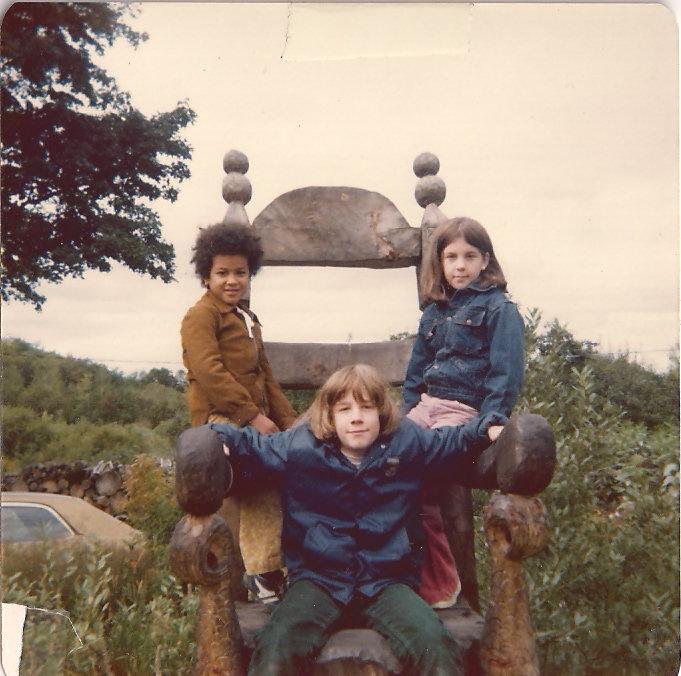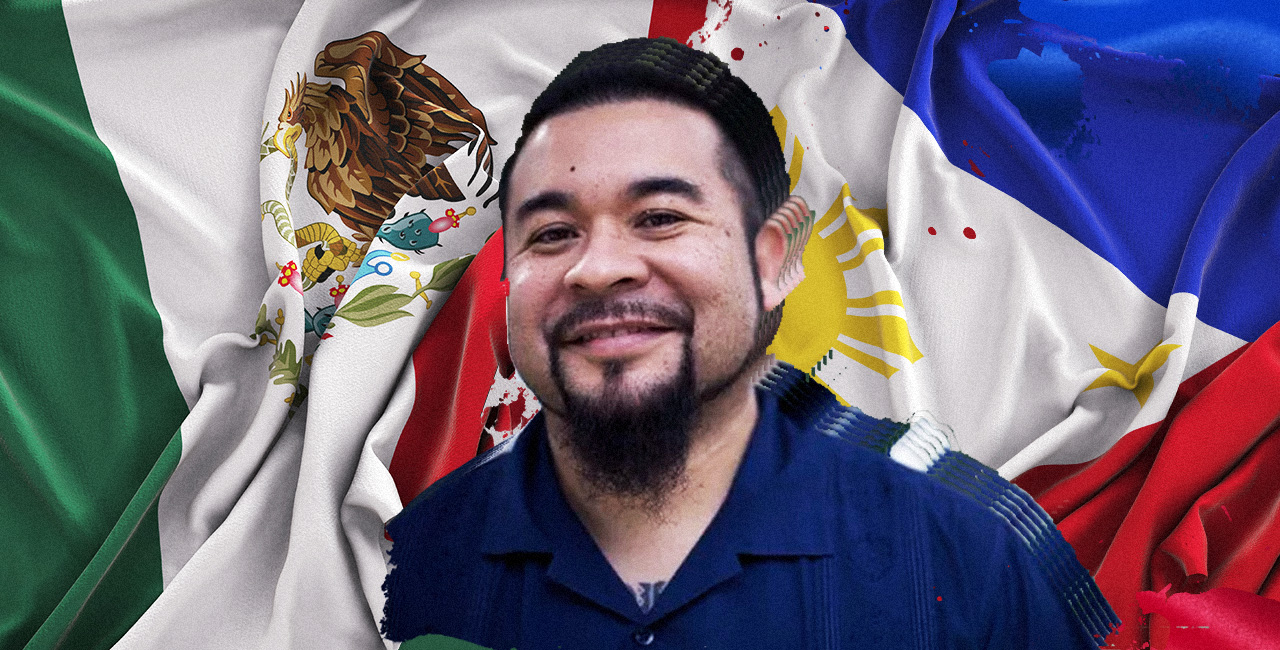The Beiging of America, Personal Narratives about Being Mixed Race in the Twenty-First Century
2Leaf Press
June 2017
eBook ISBN: 978-1-940939-55-1
Edited by:
Cathy J. Schlund-Vials, Professor of English and Asian and Asian American Studies
University of Connecticut
Sean Frederick Forbes, Poet and Professor
Tara Betts, Author and Professor

The Beiging of America, Personal Narratives about Being Mixed Race in the Twenty-First Century, takes on “race matters” and considers them through the firsthand accounts of mixed race people in the United States. Edited by mixed race scholars Cathy J. Schlund-Vials, Sean Frederick Forbes and Tara Betts, this collection consists of 39 poets, writers, teachers, professors, artists and activists, whose personal narratives articulate the complexities of interracial life. Discrimination, instilling pride in family settings, sorting out the terms and names that people call themselves and their relatives, tackling colorism within communities of color, and childhood recollections fill these pages with compelling stories that speak to lived experiences, mapping a new ethnic terrain that transcends racial and cultural division.The Beiging of America was prompted by cultural critic/scholar Hua Hsu, who contemplated the changing face and race of U.S. demographics in his 2009 The Atlantic article provocatively titled “The End of White America.” In it, Hsu acknowledged “steadily ascending rates of interracial marriage” that undergirded assertions about the “beiging of America.”
As one flips through the pages of The Beiging of America, one discovers contributors’ shared exasperation with the inevitable and preposterous question – “What are you?” – simply because they do not fit neatly into any one racial category. This in itself is a reflection of how the black-white paradigm in America continues to obfuscate and distort rigid constructs and systemic racism, reminding readers that race – even in a post-racial imaginary – still matters. The Beiging of America is an absorbing and thought-provoking collection of stories that explore racial identity, alienation, with people often forced to choose between races and cultures in their search for self-identity. While underscoring the complexity of the mixed race experience, these unadorned voices offer a genuine, poignant, enlightening and empowering message to all readers.








